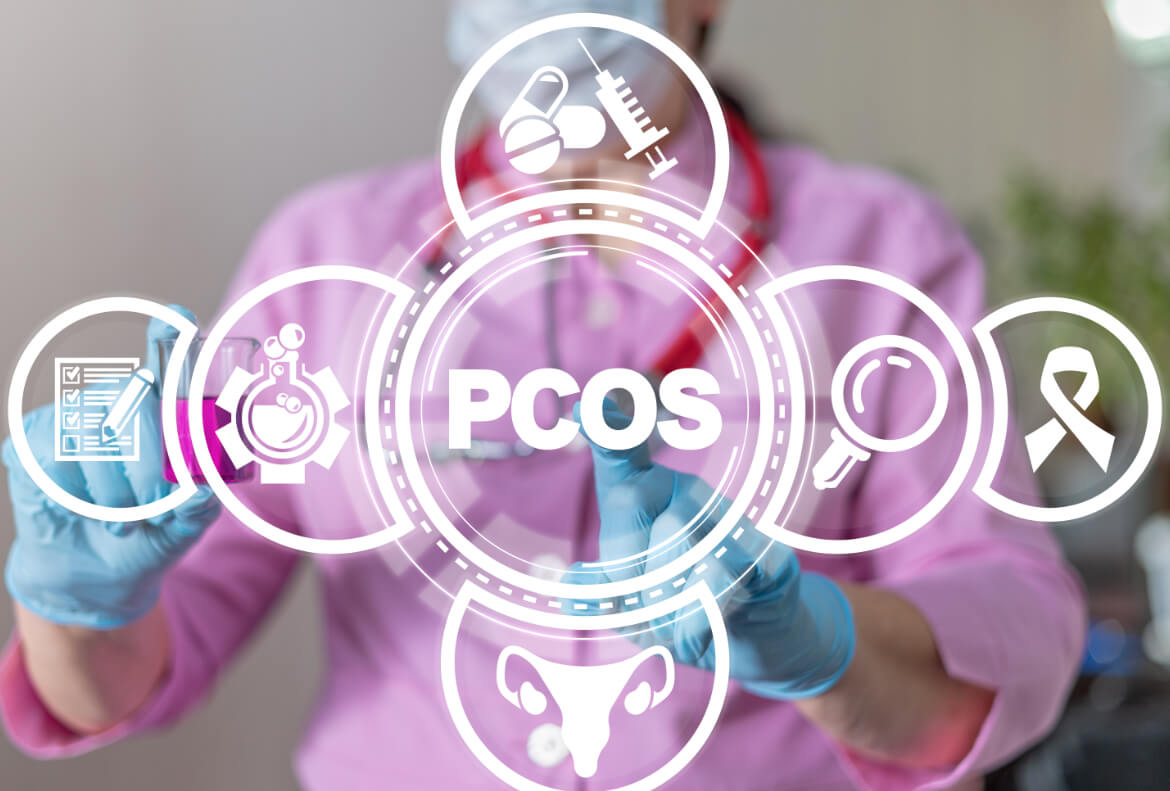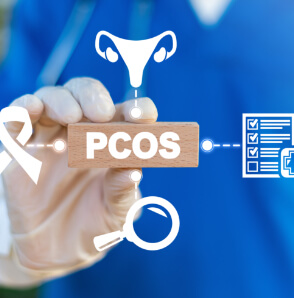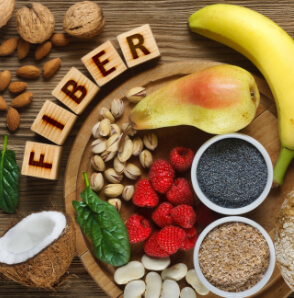Currently Empty: ₹0
Treating PCOS With Lifestyle Management and Dietary Fibre


Polycystic ovary syndrome, or PCOS, is a common hormone imbalance in young women that raises the risk of infertility, obesity, type 2 diabetes and heart disease. In overweight PCOS patients, ingestion of carbohydrates, with the following postprandial blood sugar spikes, leads to elevated insulin levels that combined with excess hormone levels (Luteinizing Hormone) cause hyperandrogenism and infertility.

In addition, high fat content in the bloodstream equally adds to the pathophysiological and clinical manifestations of PCOS. These symptoms combine to adversely impact a person’s physical and emotional well-being, lifestyle choices and may also lead to anxiety and depression further impacting not just the individual but also their loved ones.
Research shows that modest weight loss—at least 5 percent of body weight—can significantly improve PCOS symptoms such as hyperandrogenism (excess levels of male hormones causing, acne, excessive hair growth, etc.), increase chances of conception and reduce the risk of diabetes and heart disease. The medical nutrition therapy revolves around dietary changes and exercises, meditation and yoga.
Most overweight PCOS women are recommended dietary changes of reducing simple carbohydrates and excess dietary fat. Recommendations are based on principles of increasing total dietary fibre (both soluble and insoluble fibre and resistant starches) to achieve satiety in order to achieve the desired weight loss. Today a lot of weightage is given to include at least 12-15 percent of lean proteins (at least 0.8 gms/kg body weight) to reduce the phenomena of sacropenia and increase skeletal muscle mass
Emphasis on healthier fats coming from tree nuts like walnuts and almonds and seeds like flaxseed, pumpkin and sunflower seeds which are good sources of ALA, magnesium and zinc and may help reduce inflammation and body weight and reduce visceral and sub cutaneous fat.
Long term lifestyle management is an effective formula to achieve healthy weight loss. Some of the challenges with this long-term approach are that the changes are gradual and over a period of time.

Further adding to challenges with women with PCOS are low self esteem, lack of motivation to follow the nutrition plan, hormonal changes, resistance to join the gym due to poor body image, hectic work schedules and difficulty adhering to diet plan.
For young women planning to get married or seeking a suitable spouse or women with infertility undergoing treatments like IVF – time bound weight loss becomes an important criterion.
In such scenarios one may consider a more intensified nutritional management plan with meal replacers or Alpha-cyclodextrin, a dietary fibre, as an option. Research articles have elegantly stated, this dietary fibre is sourced from corn and may bind up to 9 times dietary fat from the intestinal tract thereby preventing its absorption and storage in the body.
Research studies have observed this dietary fibre selectively absorbs and eliminates trans and saturated fats before they can enter the bloodstream, while leaving healthy polyunsaturated fats (such as omega-3) available to deliver its benefits to the body. Studies further highlight that patients who consumed alpha-cyclodextrin also experienced lower blood sugar spikes after consuming a carbohydrate rich meal, and insulin increases were also significantly delayed and dramatically decreased.
A dietary fibre such as alpha-cyclodextrin can be considered as an adjunct therapy to the balanced nutritional plan and lifestyle intervention for women with PCOS who wish to treat various clinical manifestations of PCOS.






